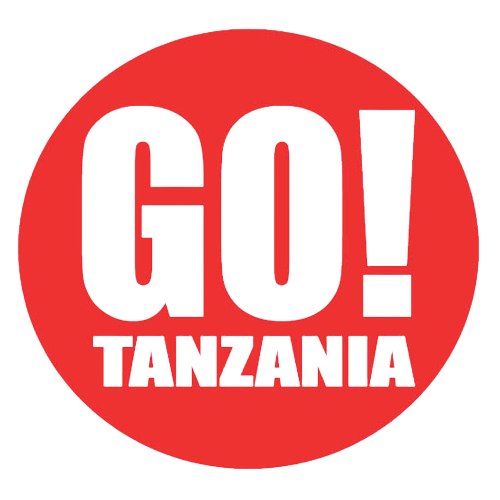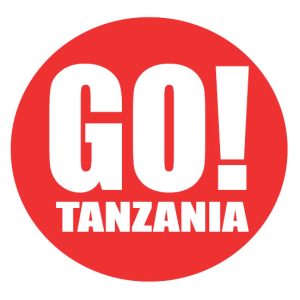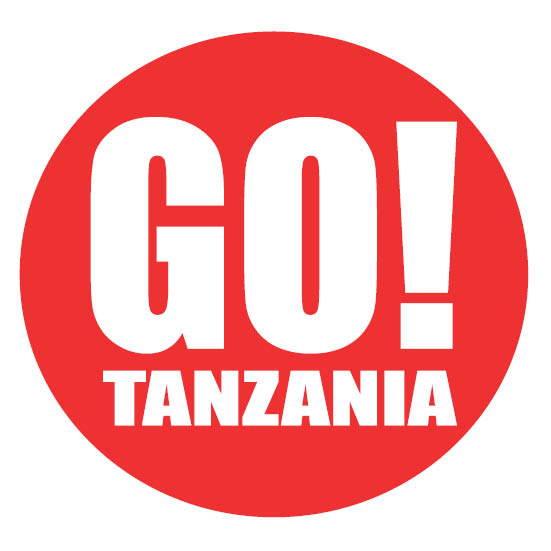On July 5, 2024, under the leadership of the Permanent Delegation of the Democratic Republic of Congo, UNESCO organized the third commemoration of World Kiswahili Language Day at its headquarters in Paris.
This year’s theme, “Kiswahili Education and the Culture of Peace,” underscores the importance of Kiswahili in promoting education and peace.
As a vehicular language, Kiswahili facilitates communication between different ethnic communities, playing a vital role in bringing people together and fostering mutual understanding.
The Kiswahili language is also lingua franca and the commercial language used to overcome communication gaps between people of different mother tongues. As such, it is a vector of rapprochement of peoples and peace.
Audrey Azoulay, Director-General of UNESCO, took part in the event and underlined the importance that the Organisation attaches to this Day. Her presence reinforced UNESCO’s message of support and commitment to the promotion of linguistic diversity and the culture of peace.
Kiswahili is a language with an extraordinary destiny. Its path, visible in its remarkable semantic richness, powerfully reflects that of our common humanity. It’s no coincidence that the word ‘safari’, meaning journey, is the best-known Kishwahili word, having passed into every language.
Audrey Azoulay Director-General of UNESCO

Also in attendance where H.E. Mr Émile Ngoy Kasongo, Ambassador and Permanent Delegate of the Democratic Republic of Congo to UNESCO – Chairperson of the Organizing Committee, H.E. Mr François Nkulikiyimfura, Ambassador and Permanent Delegate of Rwanda to UNESCO – Chairperson of the Africa Group (Va), H.E. Mr Kassim Mohamed-Soyir Bajrafil – Ambassador and Permanent Delegate of the Union of the Comoros to UNESCO and H.E. Mr Peter K. Ngure, Ambassador and Permanent Delegate of the Republic of Kenya to UNESCO, who presented the Kiswahili translation of UNESCO’s first graphic novel on Artificial Intelligence (AI): Ndani ya AI – Ziara ya Algorithi; others Ambassadors and Permanent delegates to UNESCO, academic experts, representatives from the private sector, civil society and the diaspora.

The main highlights of the celebrations were the opening ceremony, featuring official speeches; a round table discussion on the theme of the Day, bringing together experts in the Kiswahili language; a children’s educational session and a cultural evening featuring music and gastronomy from the organizing Member States.
Tanzania is proud to take part in the celebration of the Kiswahili language, which counts some two hundred million speakers in Africa and elsewhere. Kiswahili has spread everywhere, from Japan to America, from Finland to South Africa. In celebrating this important day, we acknowledge the great contribution of all internal and external stakeholders to the promotion and dissemination of the Kiswahili language, which is now recognized and used regionally and internationally.
H.E. Mrs Samia Suluhu HassanPresident of the United Republic of Tanzania

UNESCO’s proclamation of World Kiswahili Language Day was inspired by the United Nations General Assembly Resolution 71/328 of September 11, 2017, which highlights the importance of multilingualism. This resolution encouraged the extension of this initiative to non-official languages to raise awareness of their history, culture, and usage. It was within this framework that UNESCO’s General Conference, during its 41st session in 2021, proclaimed July 7 as World Kiswahili Language Day.
History and Importance of Kiswahili
Originating from interactions between East African coastal communities and Arab traders, Kiswahili derives its name from the Arabic word “swahili,” meaning “of the coast.” Today, the language is spoken by over 200 million people across Burundi, Kenya, Uganda, the Democratic Republic of Congo, Rwanda, South Sudan, Tanzania, Zambia, and others. It is also recognized as an official language by the African Union and plays a crucial role in African cultural and economic integration, particularly in the implementation of the African Continental Free Trade Agreement.
By celebrating World Kiswahili Language Day, UNESCO and its partners recognize the importance of preserving and promoting global linguistic diversity. This day also encourages intercultural dialogue and mutual understanding, which are essential elements for building a more peaceful and inclusive world. This year’s festivities reaffirmed Kiswahili as a pillar of African cultural and economic integration, and as a vital tool for achieving the United Nations’ 2030 Sustainable Development Goals and the African Union’s Agenda 2063.
Kiswahili, a language spoken by some 250 million people in 15 countries across East Africa and beyond, is much more than just a means of communication.
It is a symbol of unity, identity and Swahili-speaking cultural resistance.
H.E. Mr. Émile Ngoy KasongoAmbassador and Permanent Delegate of the Democratic Republic of the Congo to UNESCO – Chairman of the Organizing Committee.





